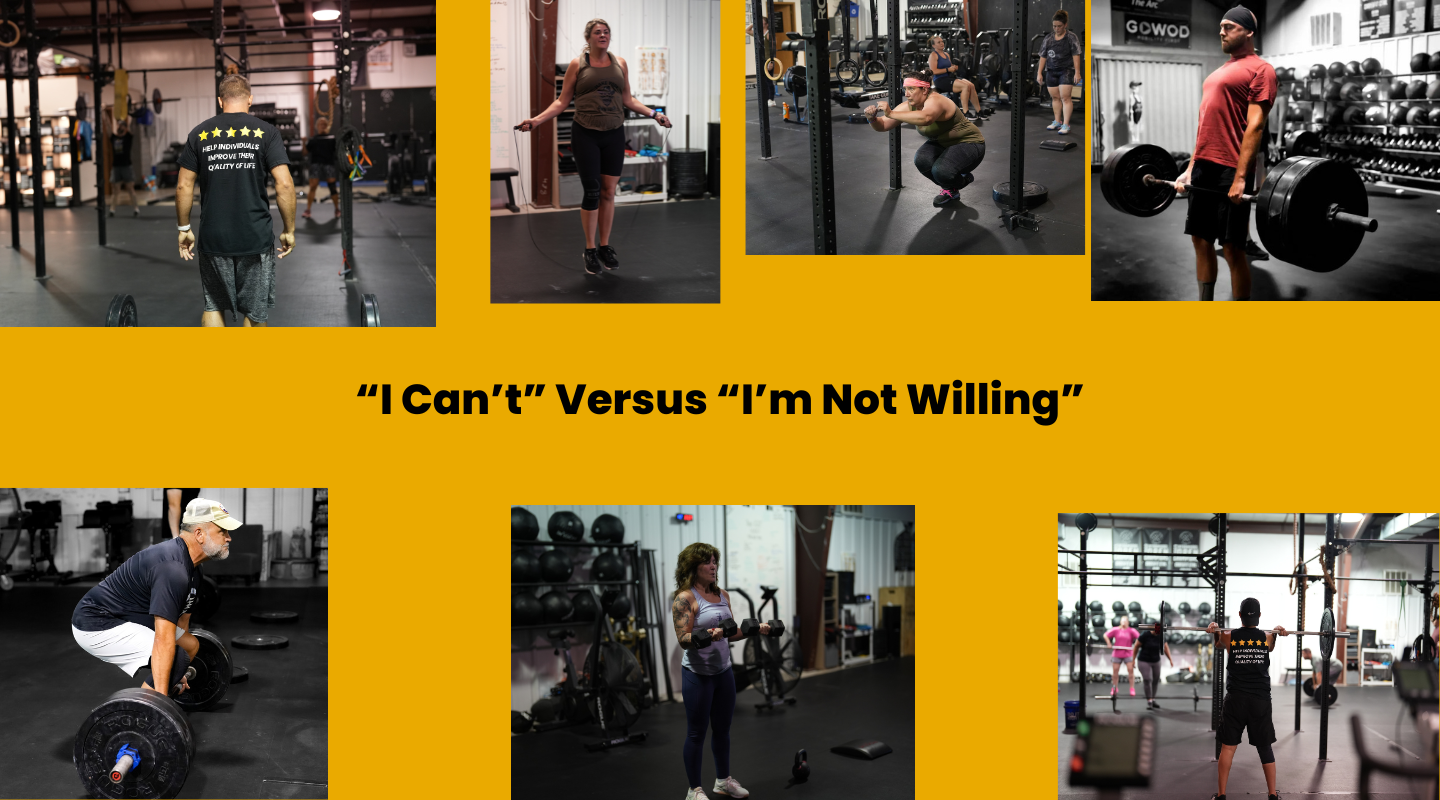

“I Can’t” Versus “I’m Not Willing”
When it comes to making lasting change in health and fitness, three questions always matter: Are they ready? Are they willing? Are they able?
Most people are able—their body is capable of eating better, moving more, or lifting weights. Often, they’re even ready—they want to feel healthier, stronger, and more confident. But the sticking point is usually the middle one: willingness.
That’s why the words “I can’t” can be so dangerous. What someone usually means is, “I’m not willing.”
Real Examples I Hear All the Time
- “I can’t eat the same thing every day.”
Truth: They’re able. They might even be ready. But they’re not willing because they prefer variety. - “I can’t eat that much protein.”
Truth: They’re able—the body can handle it. They’re probably ready to feel better. But they’re not willing because it feels inconvenient or unfamiliar. - “I can’t make it to the gym in the mornings.”
Truth: They’re able to wake up earlier. They may even be ready to see progress. But they’re not willing to sacrifice sleep, family time, or other priorities.
Why This Matters
“I can’t” puts the barrier outside of their control.
“I’m not willing” acknowledges that the choice is theirs.
And this matters because change doesn’t just come from being ready and able—it requires being truly willing.
A Simple Shift
Next time someone catches themselves saying, “I can’t,” encourage them to reframe it as, “I’m not willing.”
That honesty may sting, but it creates clarity. If they’re not willing to make a change, the question becomes: Are the results they want important enough to become willing?
Final Thought
Transformation happens when all three align—ready, willing, and able. Most people already have two of the three. It’s willingness that unlocks the door.
👉 If they’re ready, willing, and able, the next step is simple: book a free intro and get started today.
https://api.grow.pushpress.com/widget/bookings/gz-fitness-nsi

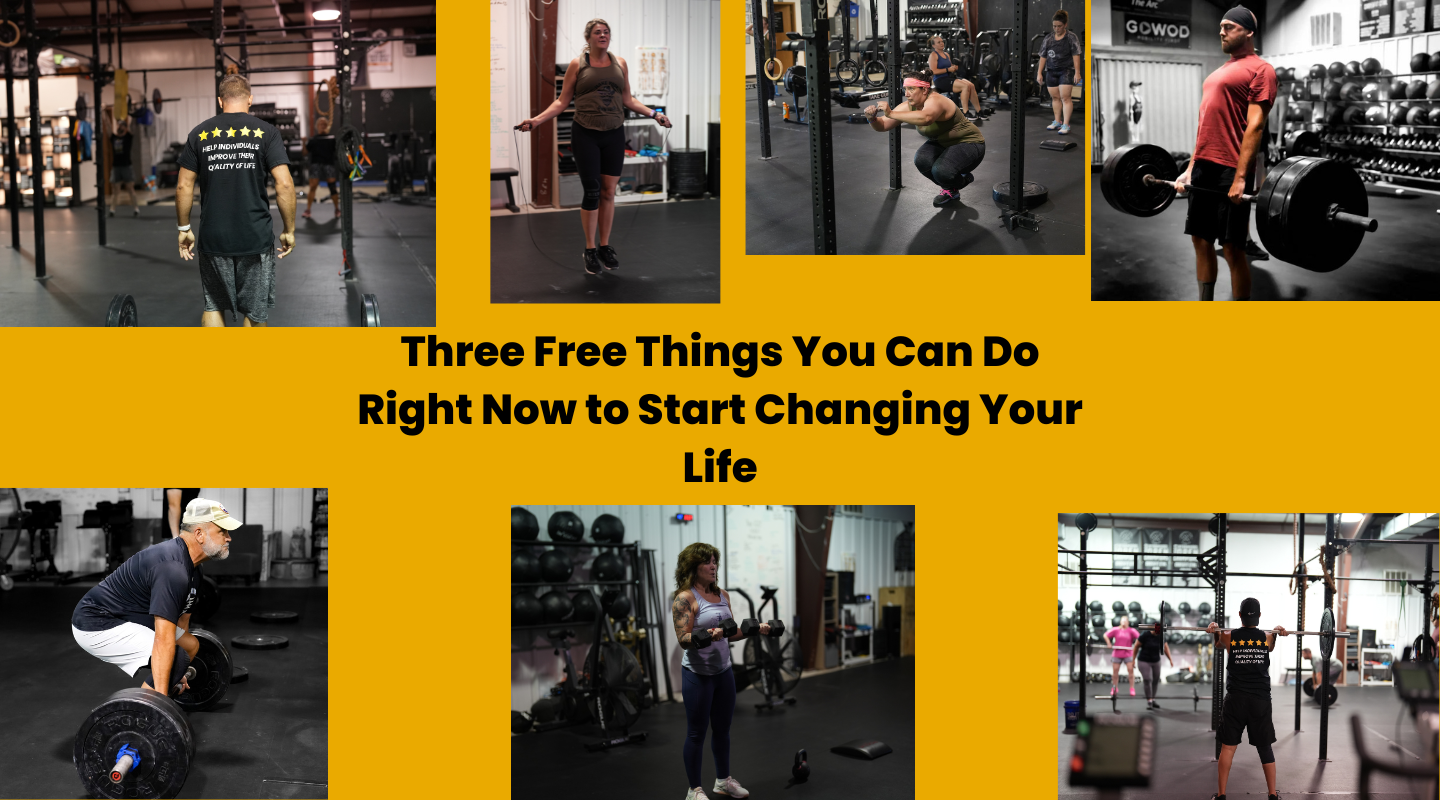


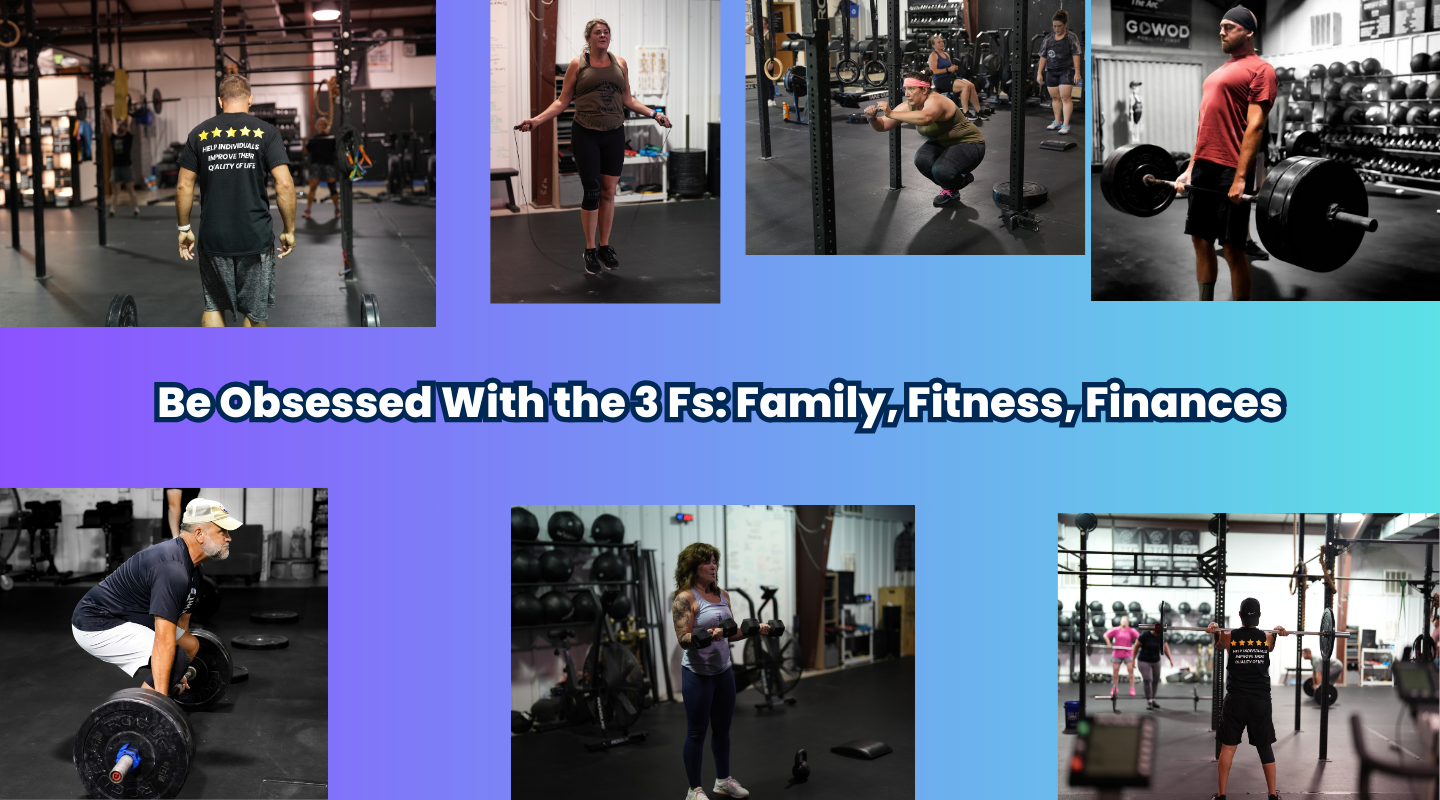
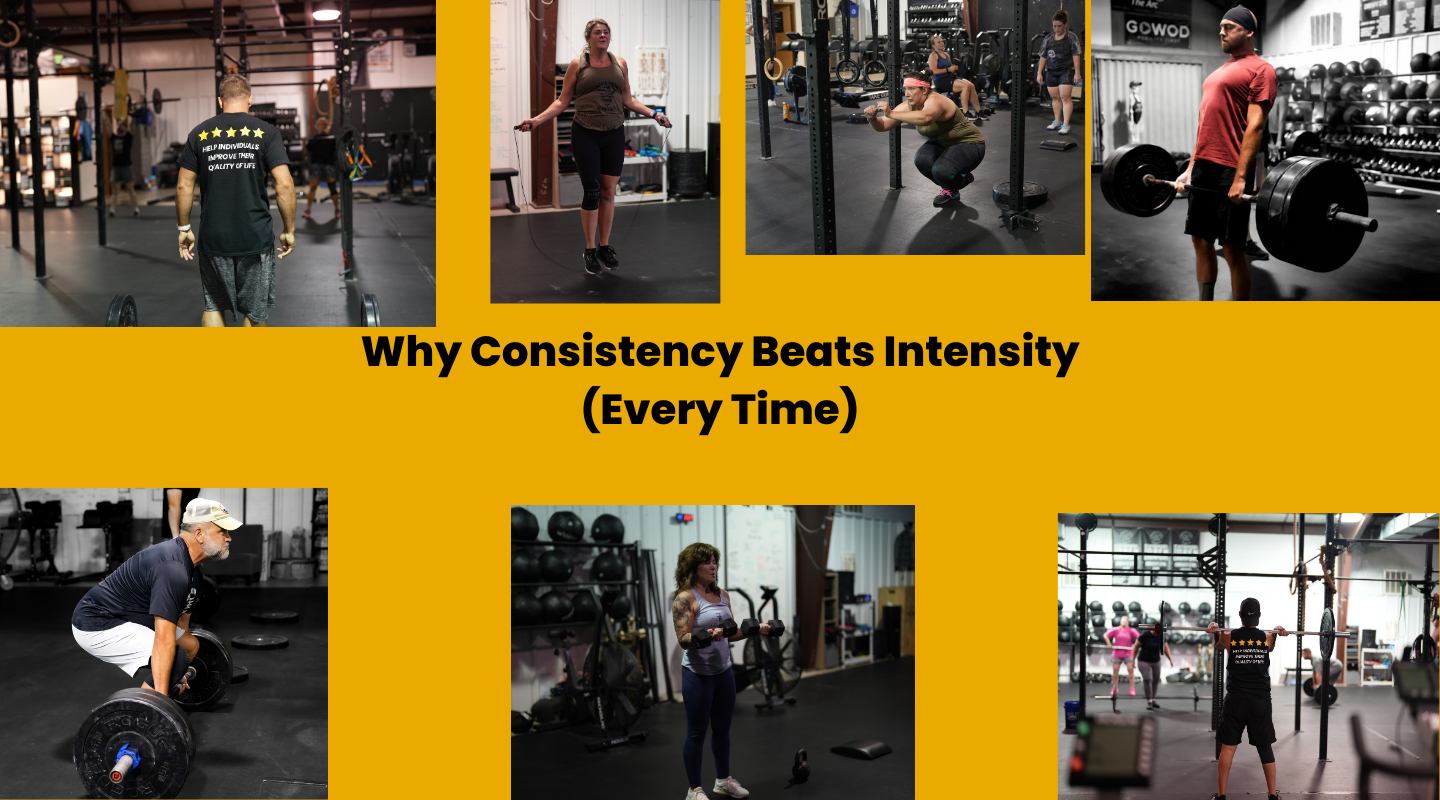
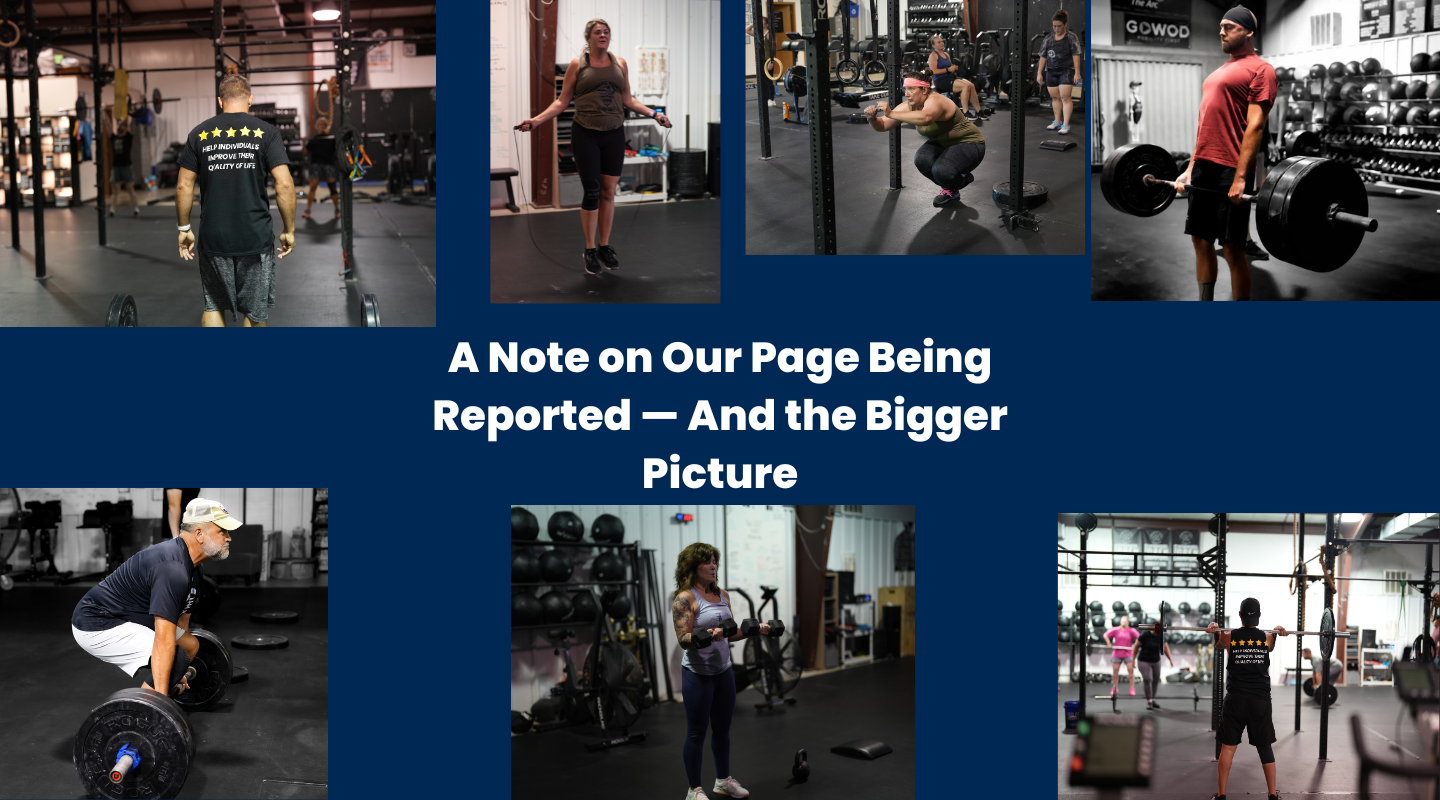
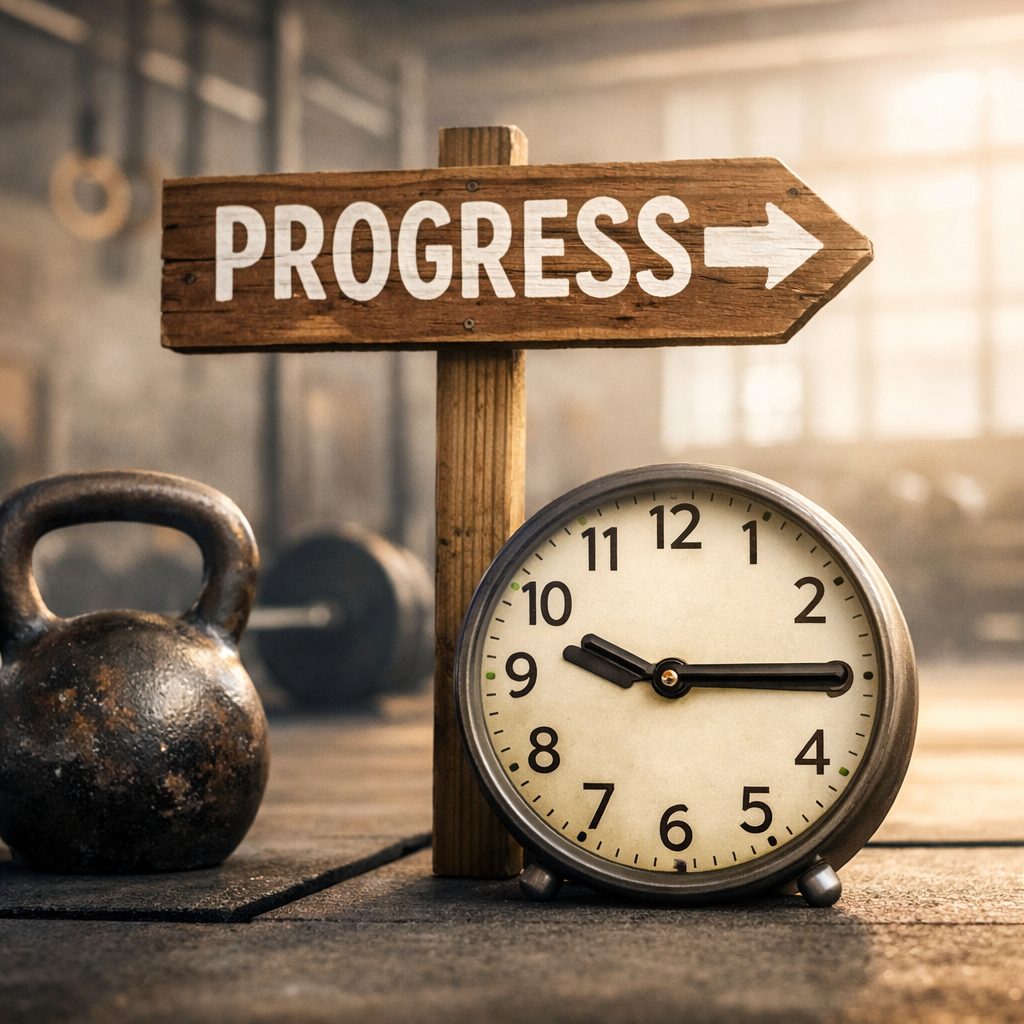
.png)
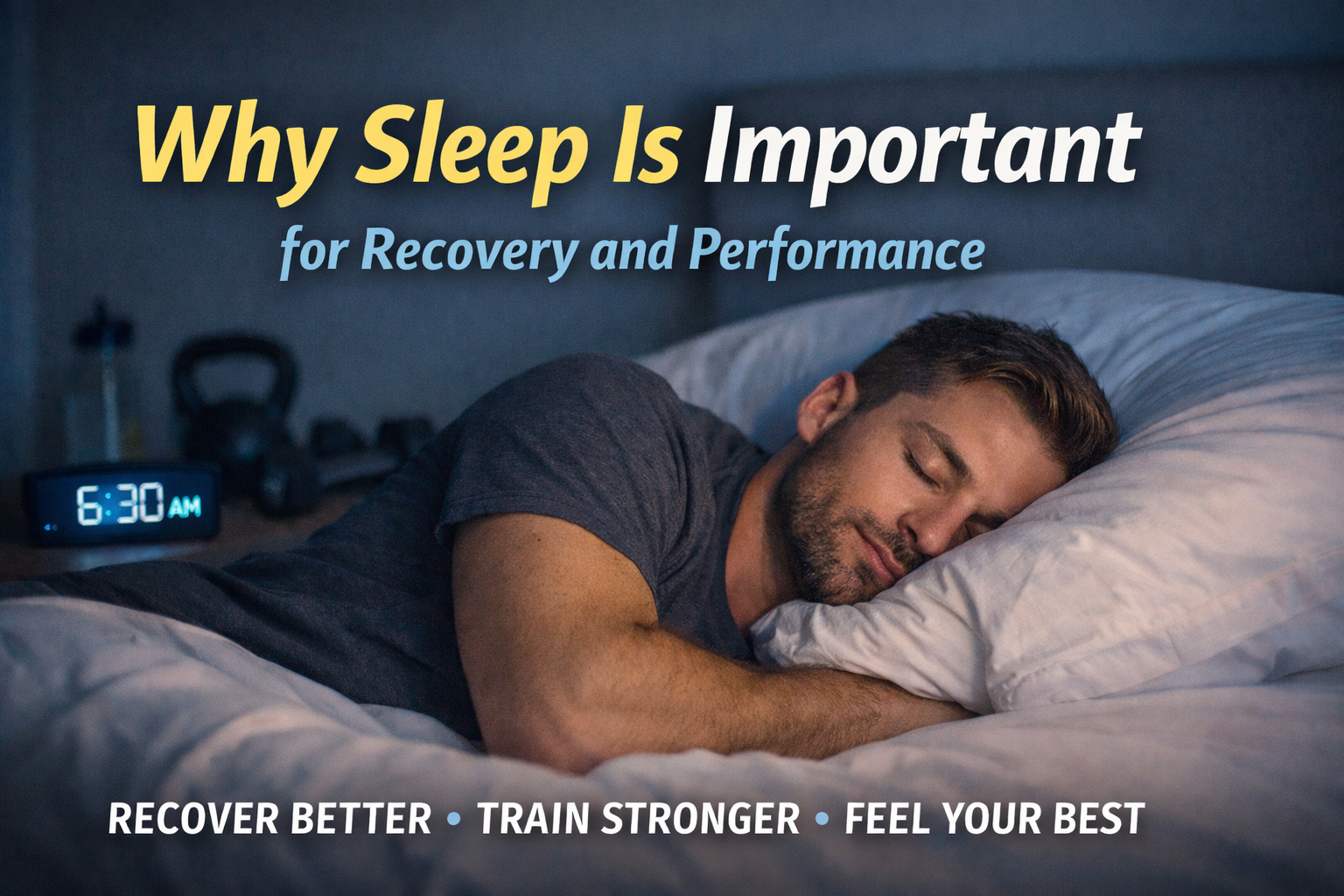

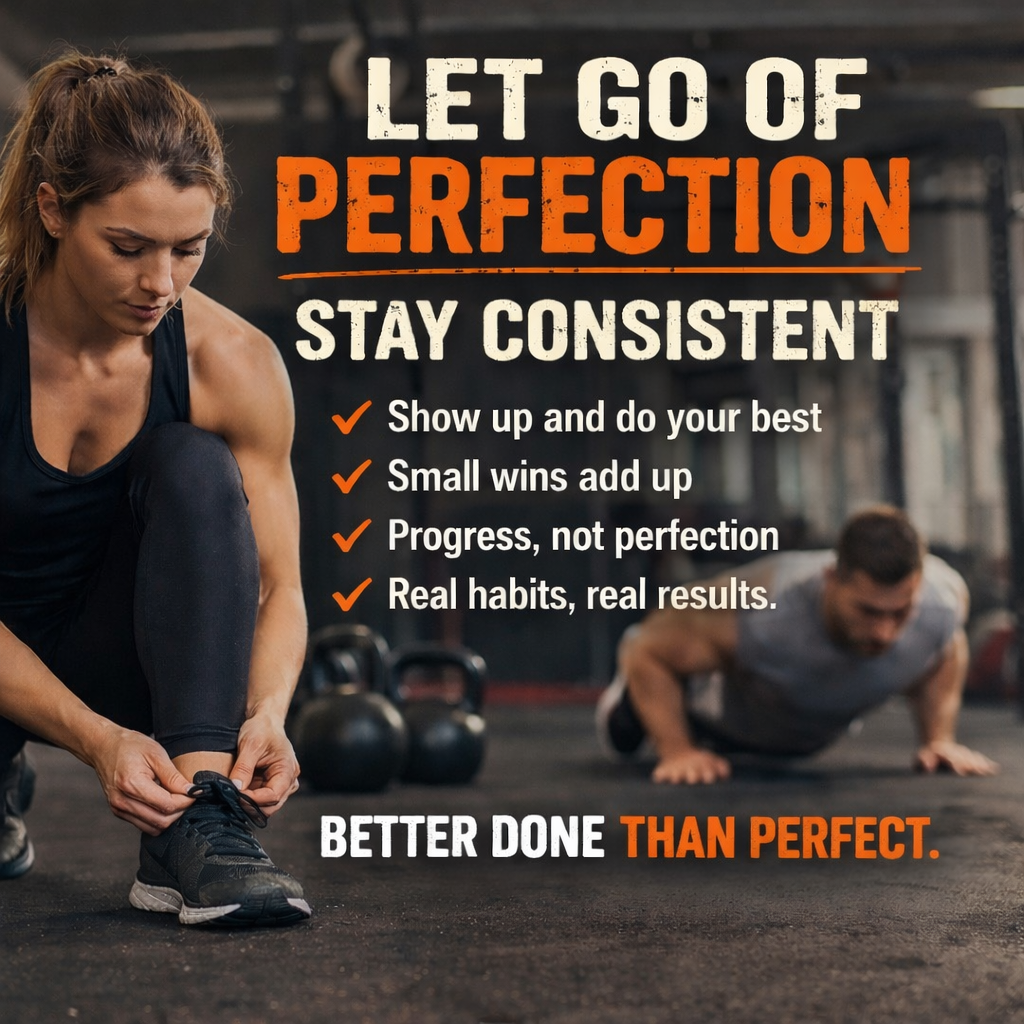
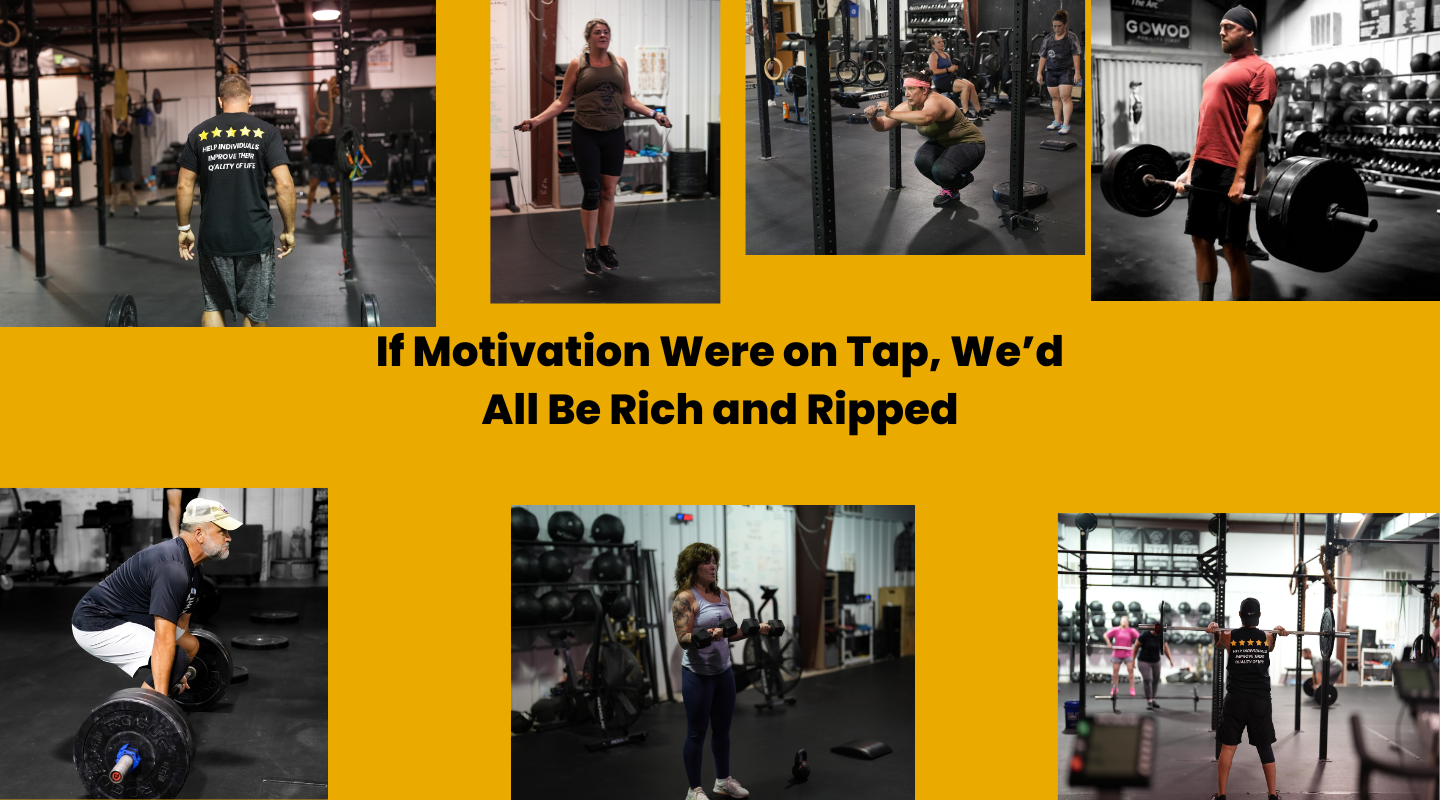

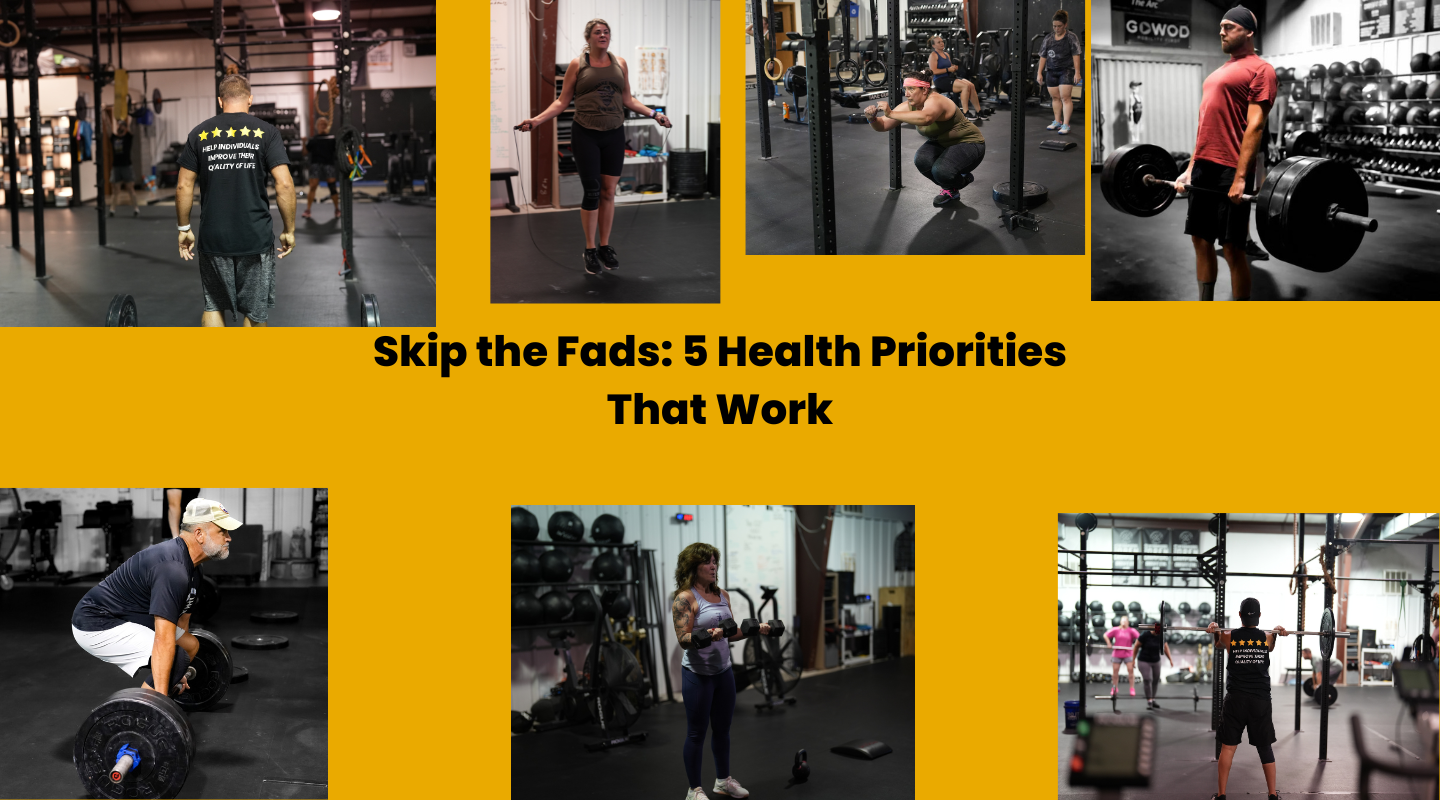
.png)
.png)
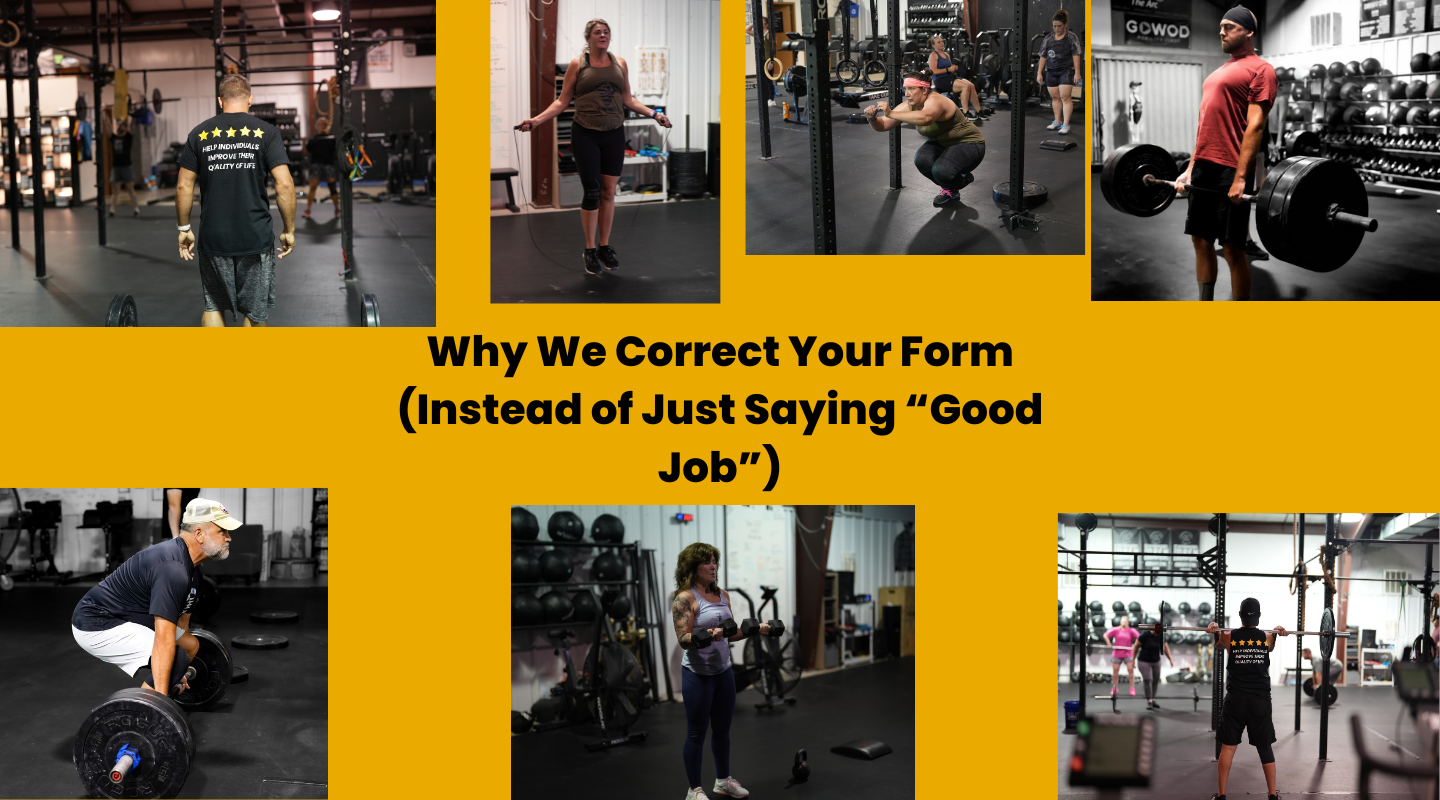
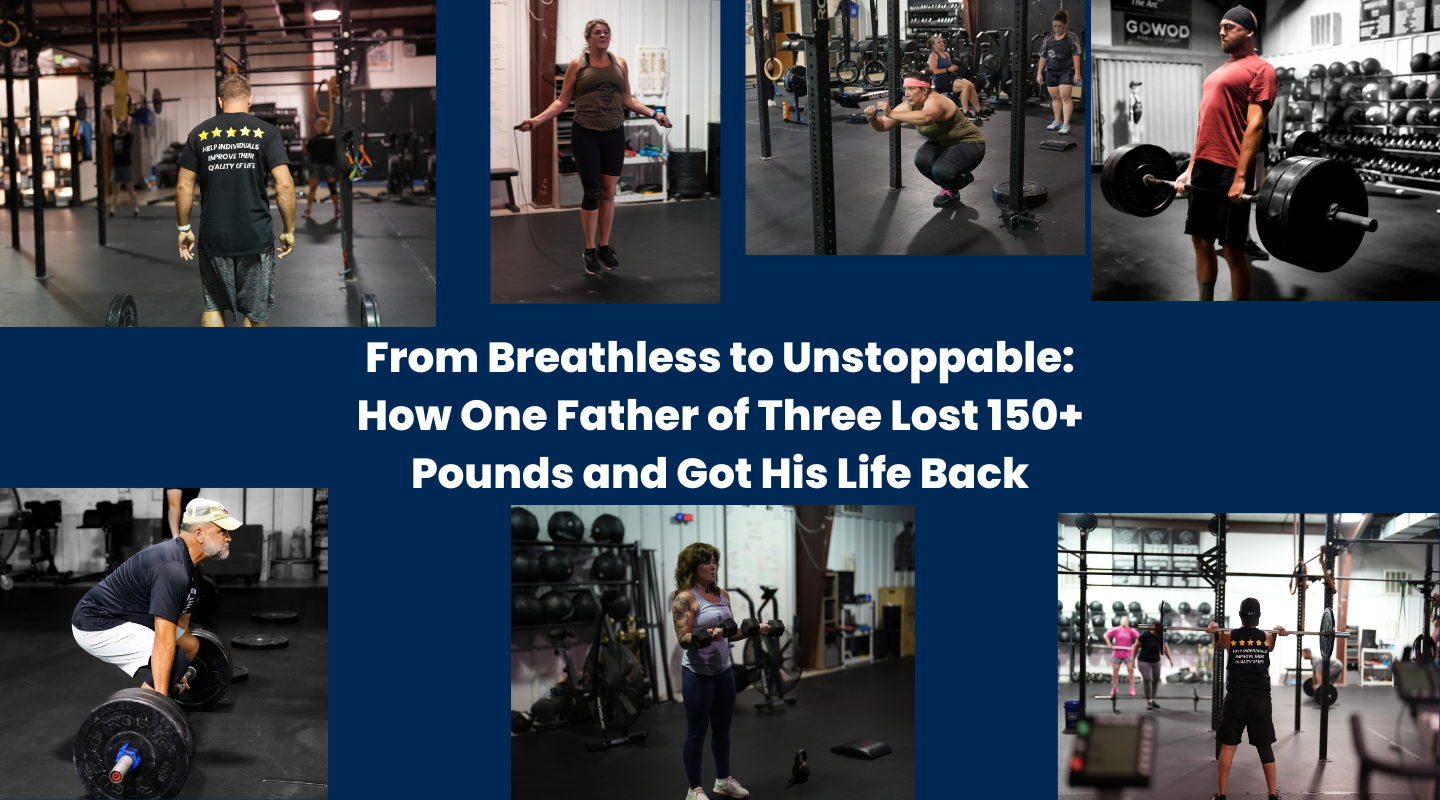
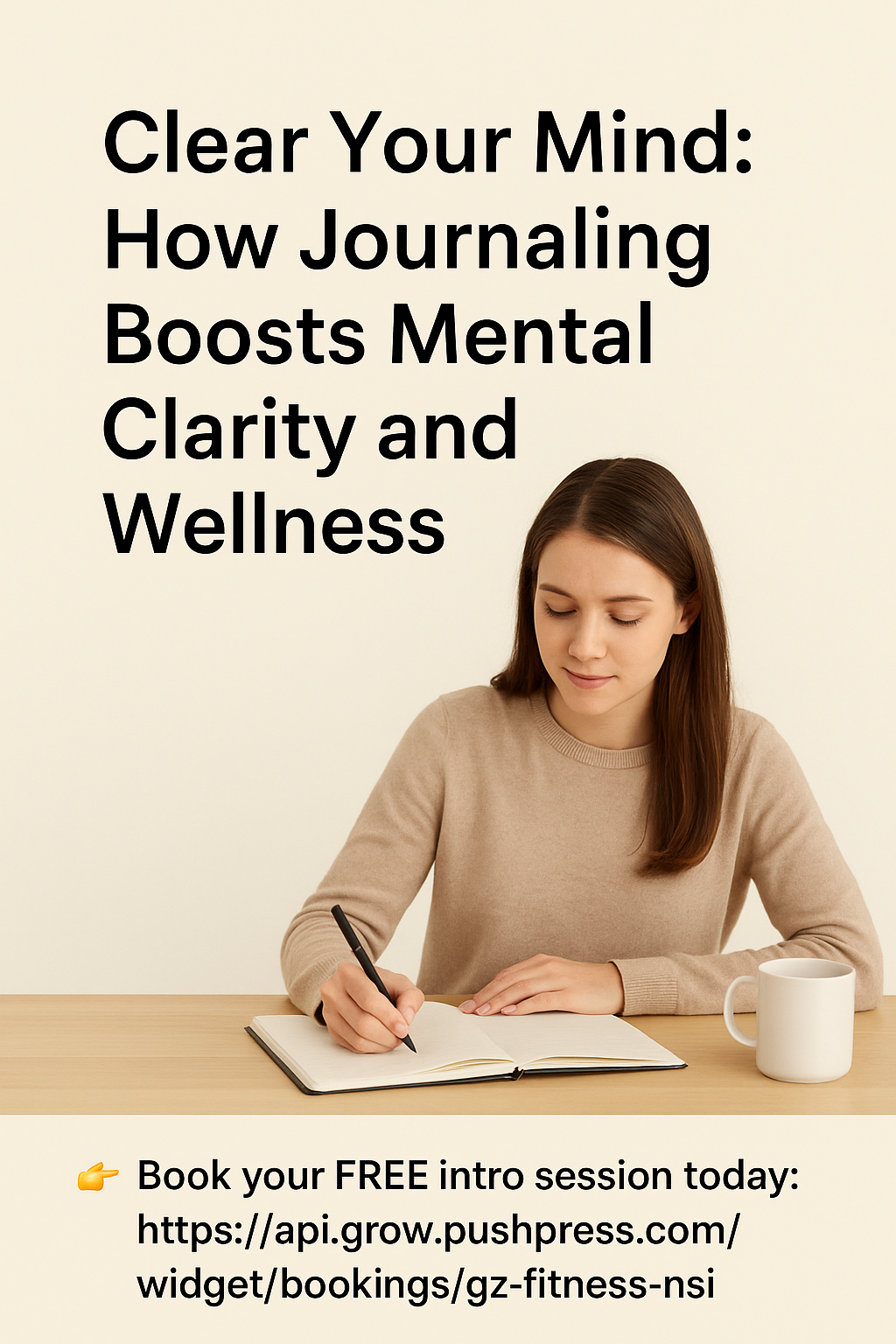
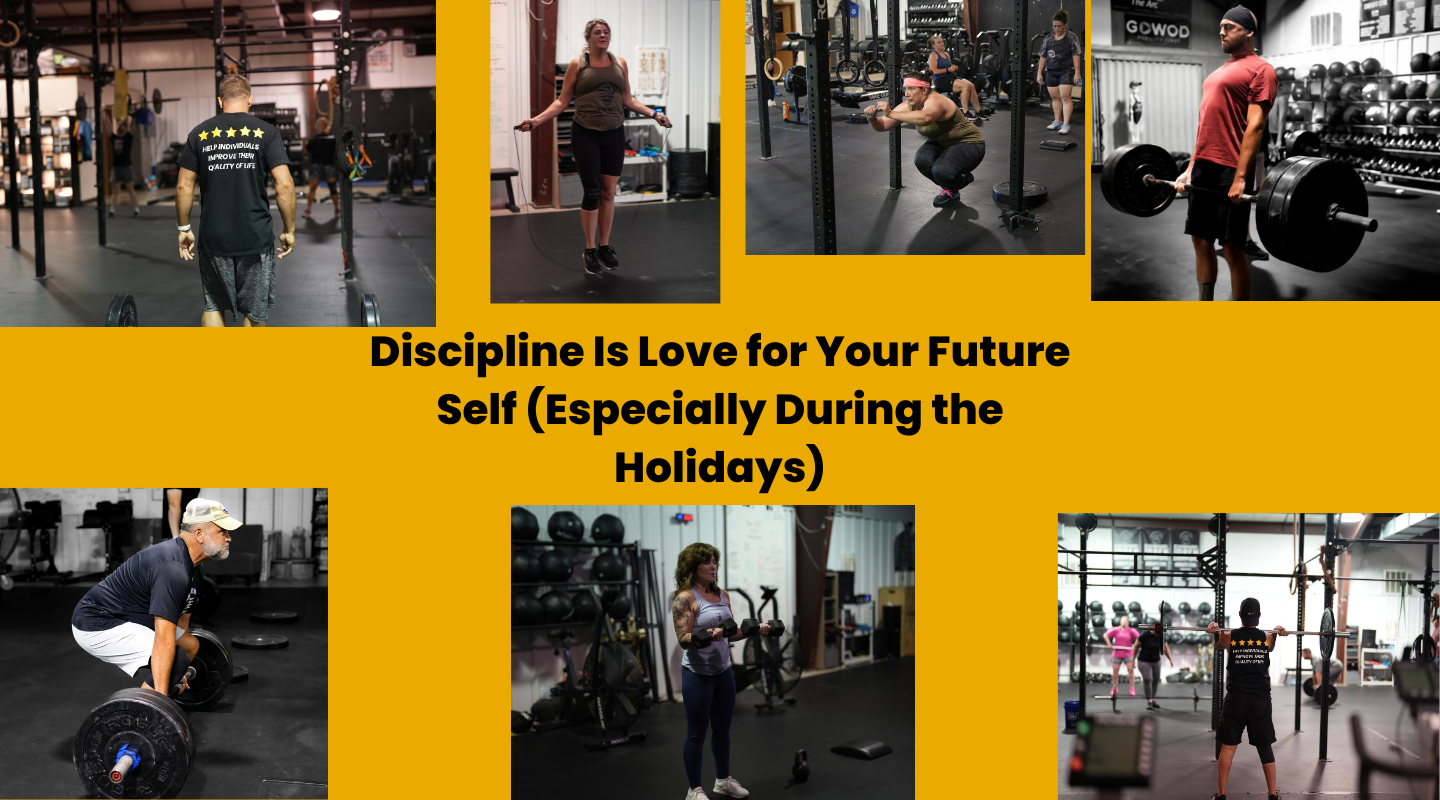
.png)
.png)
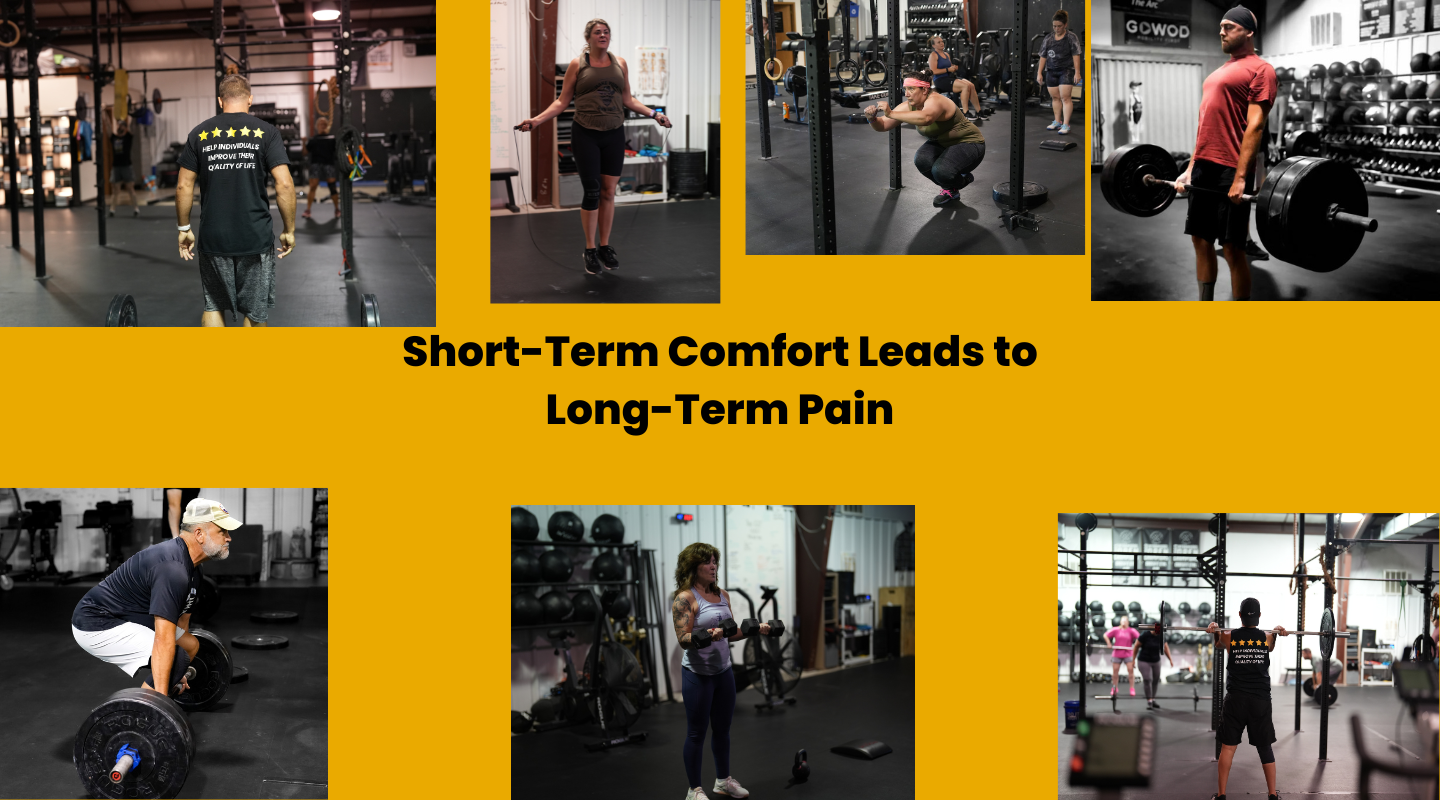
.png)

.png)
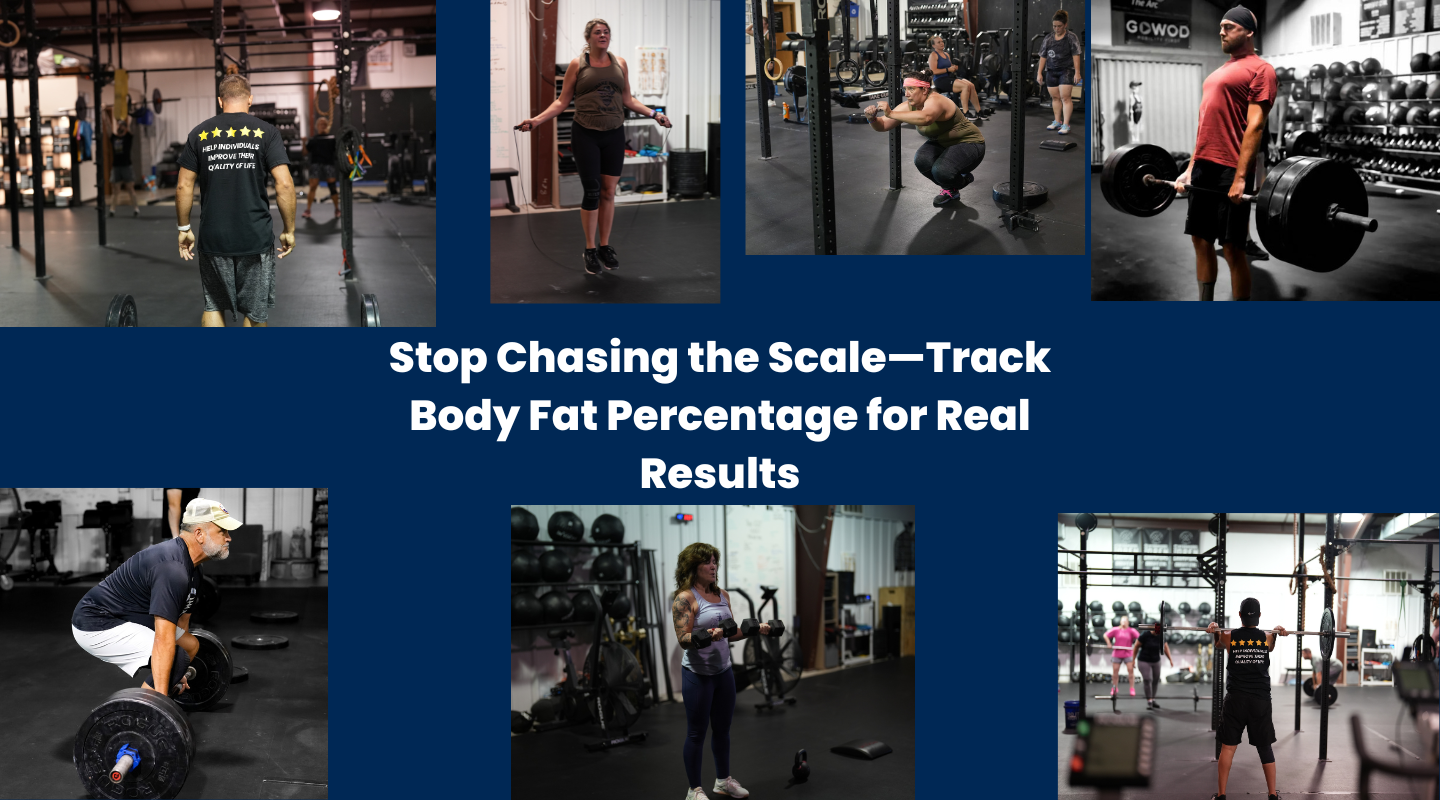
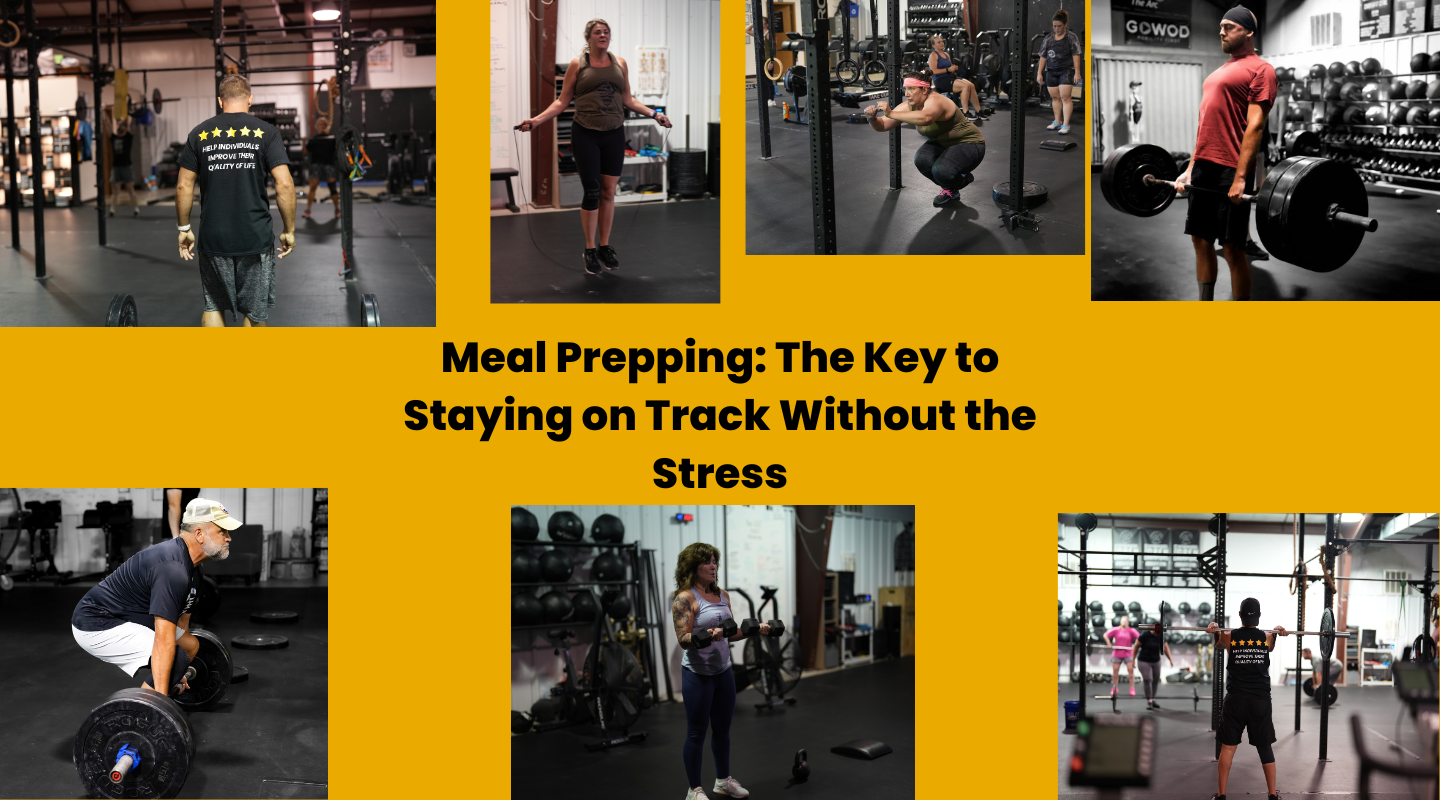
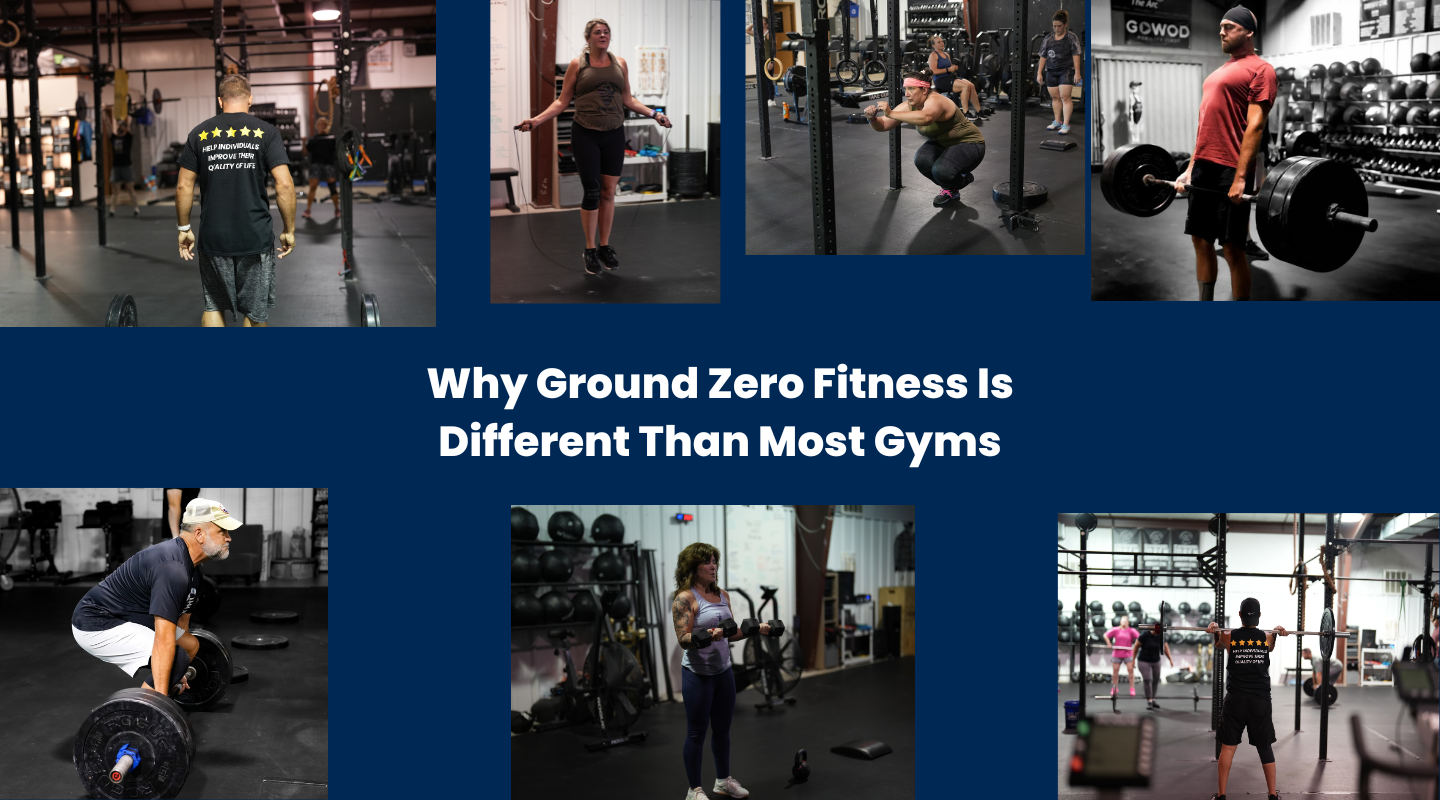
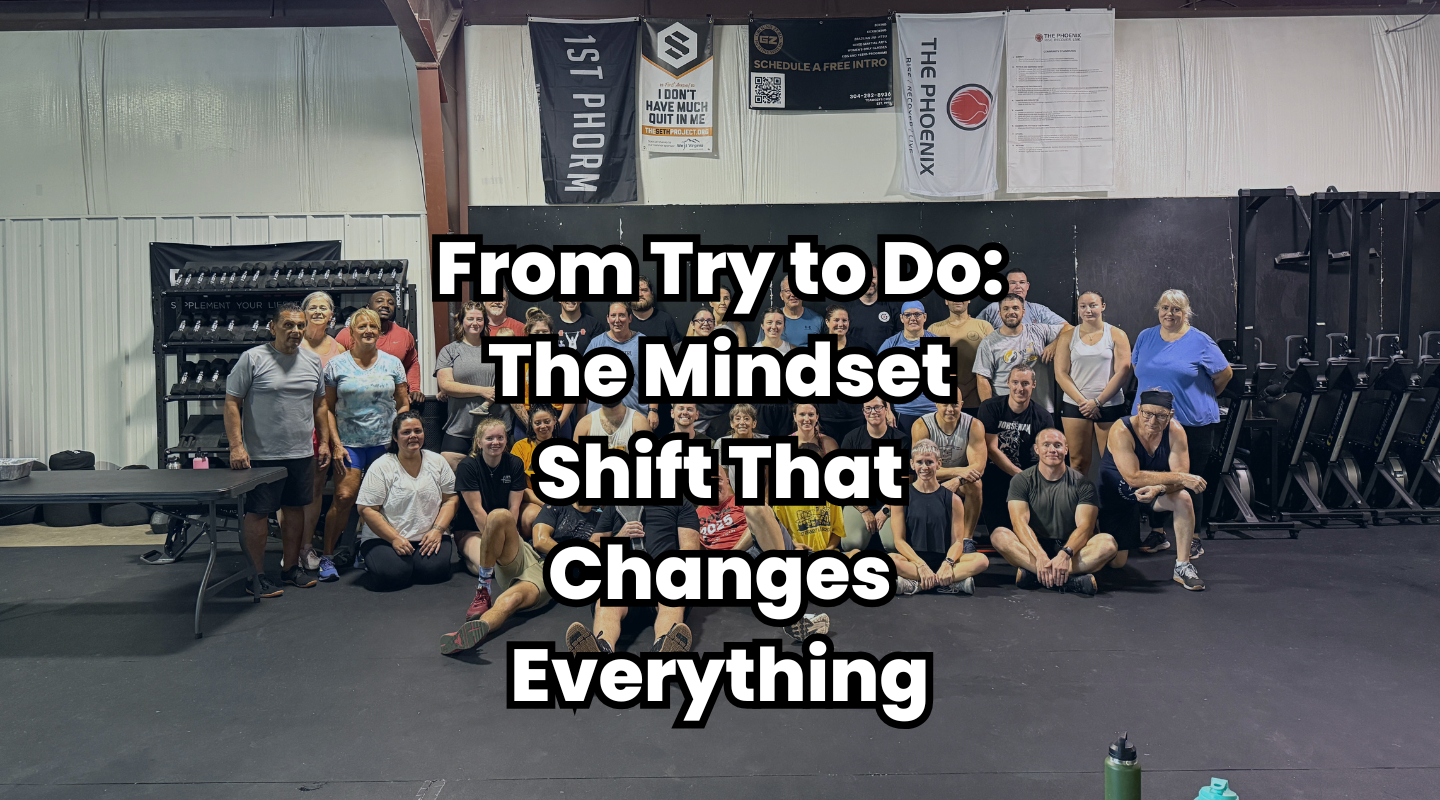
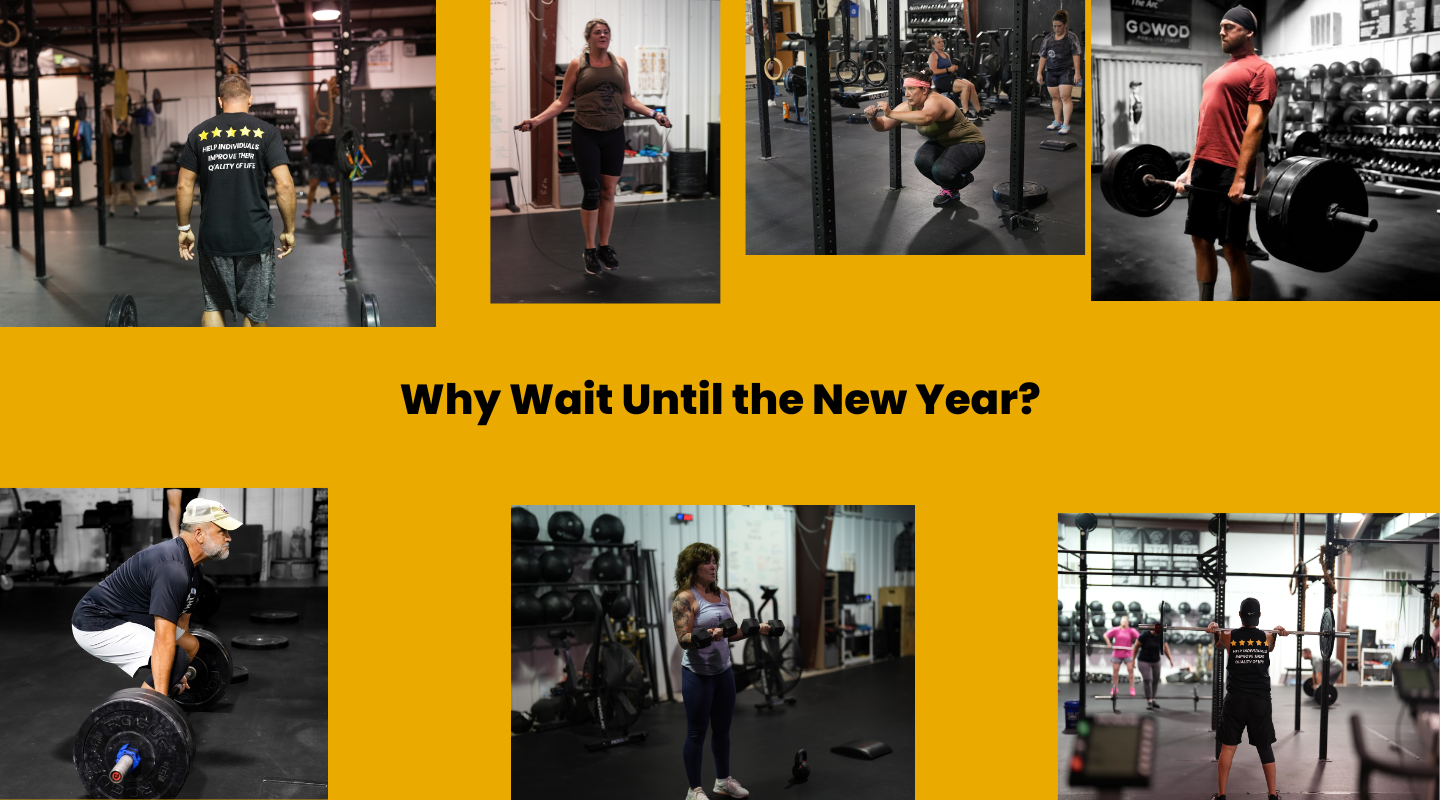


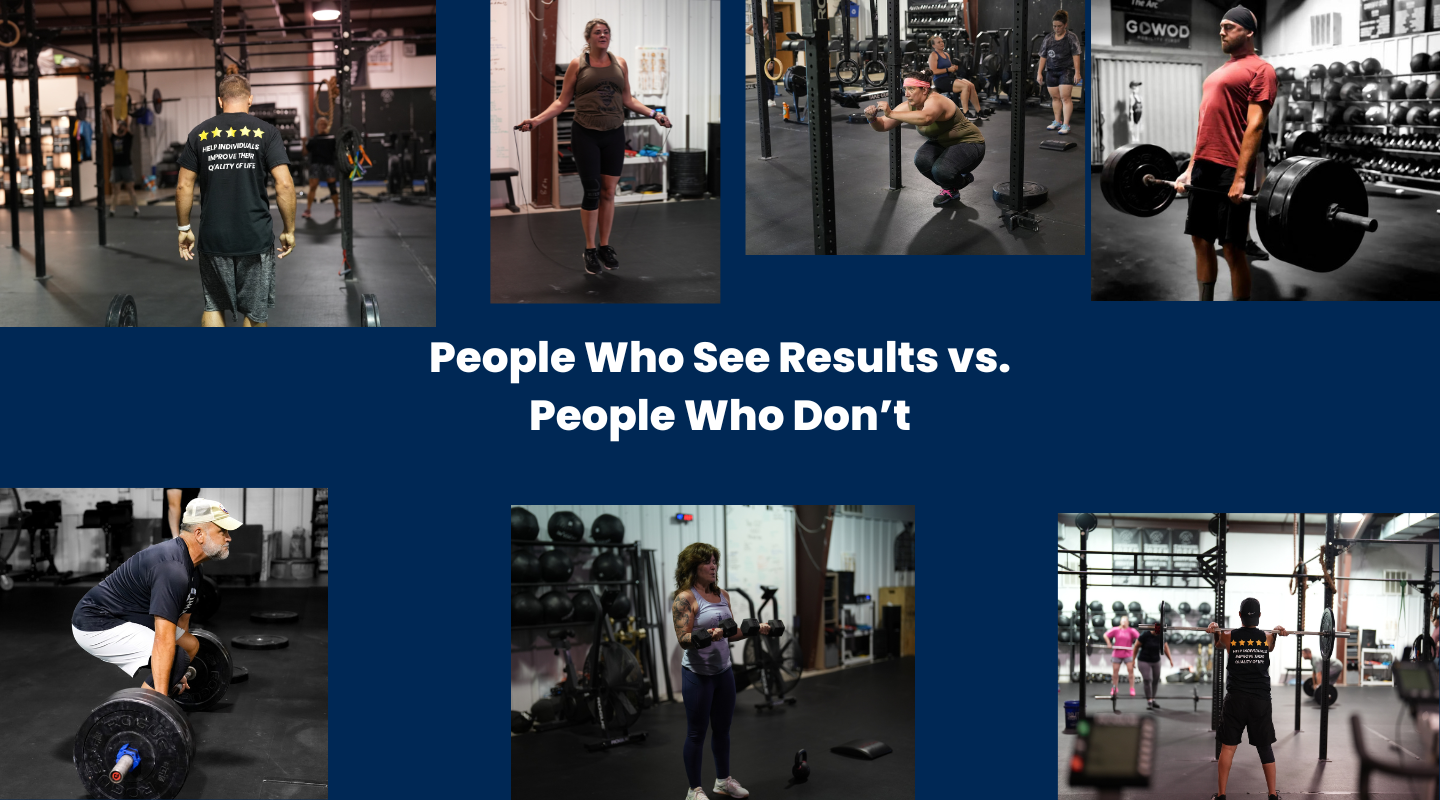

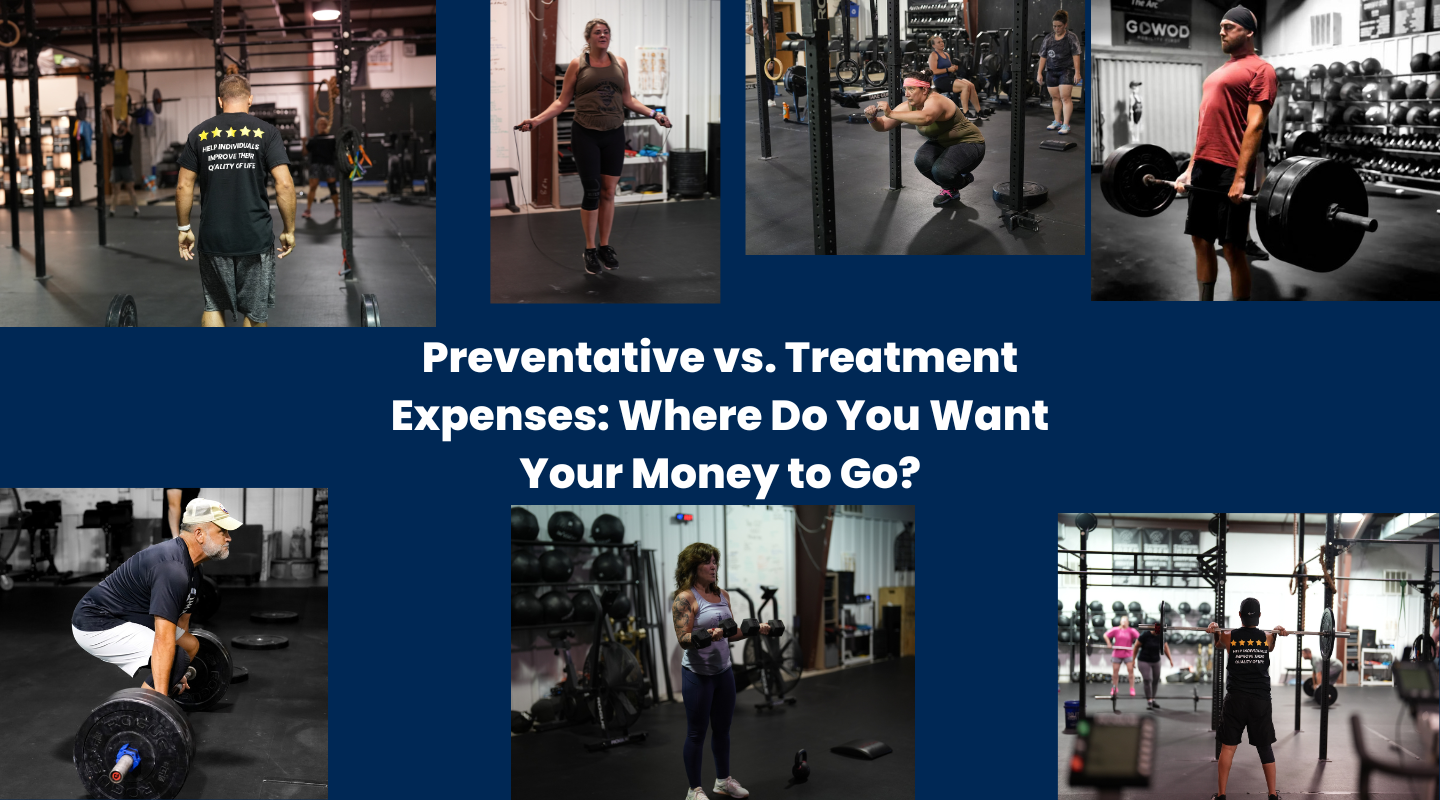
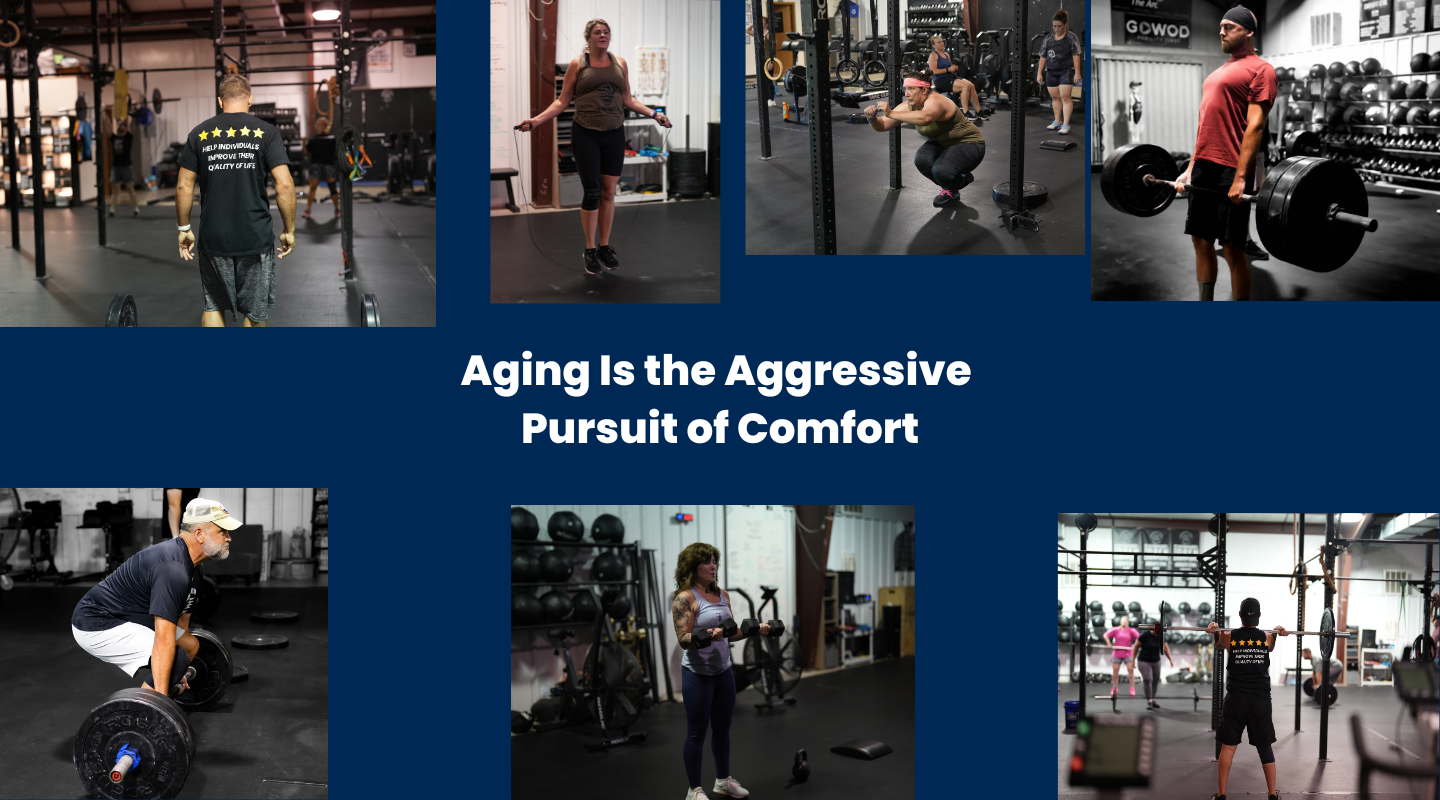
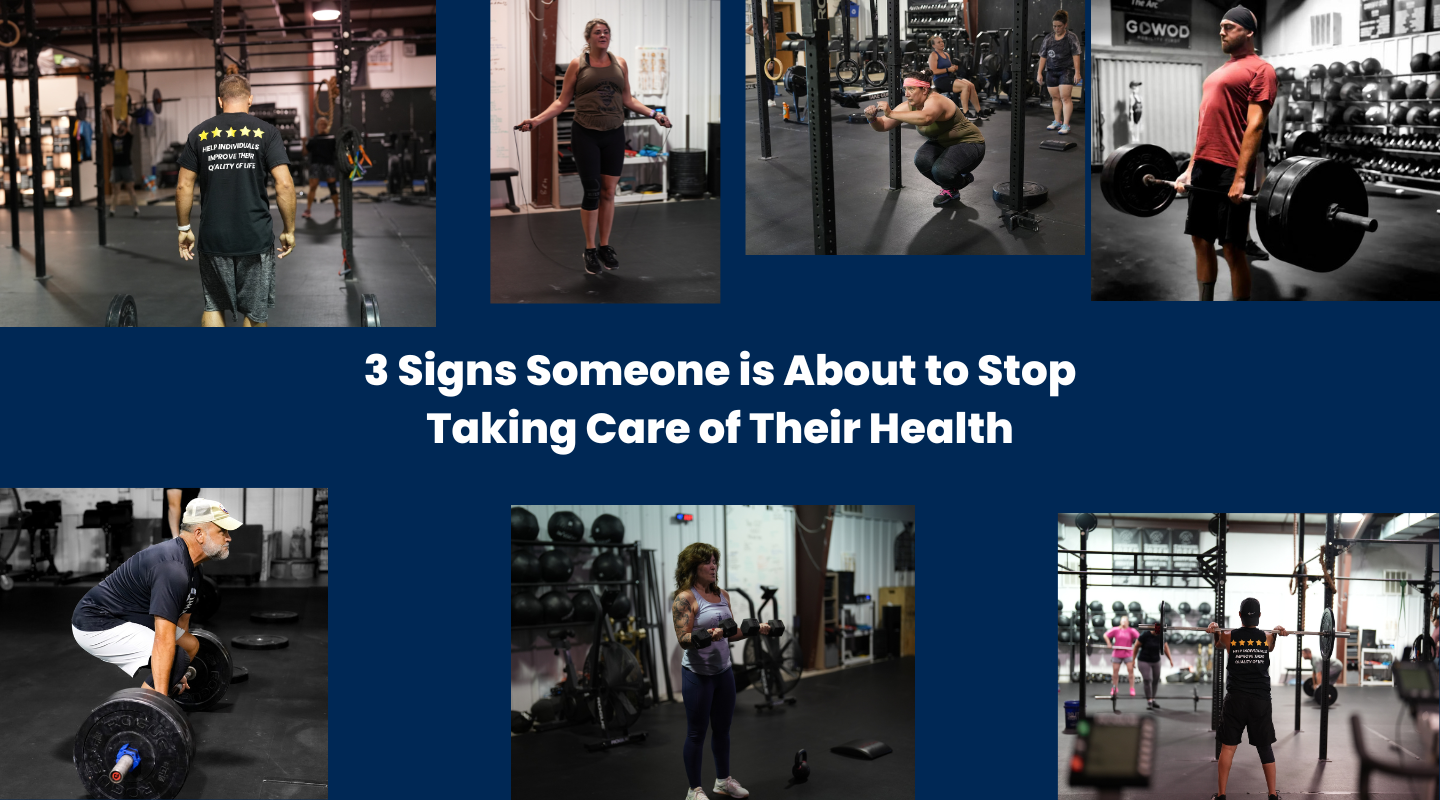
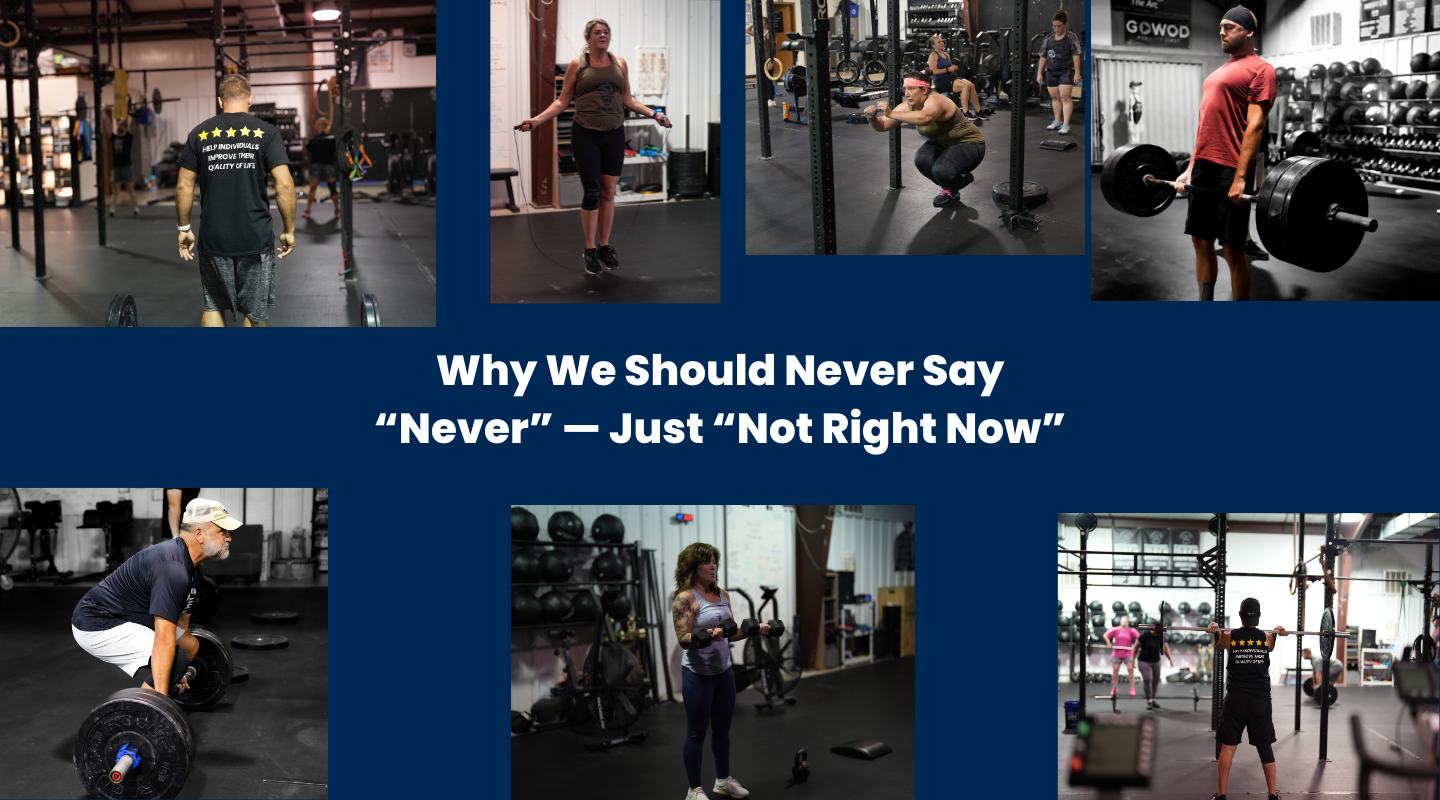
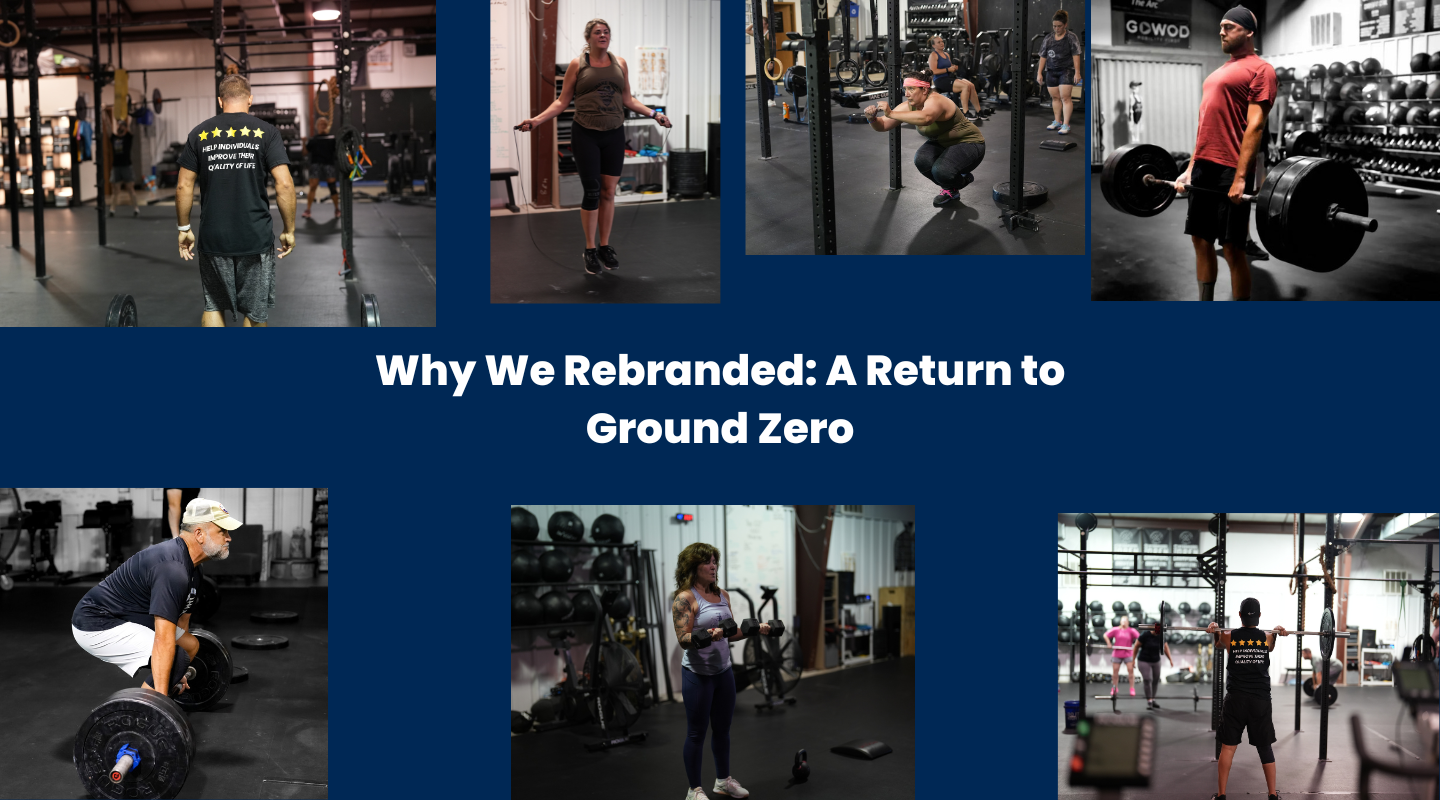
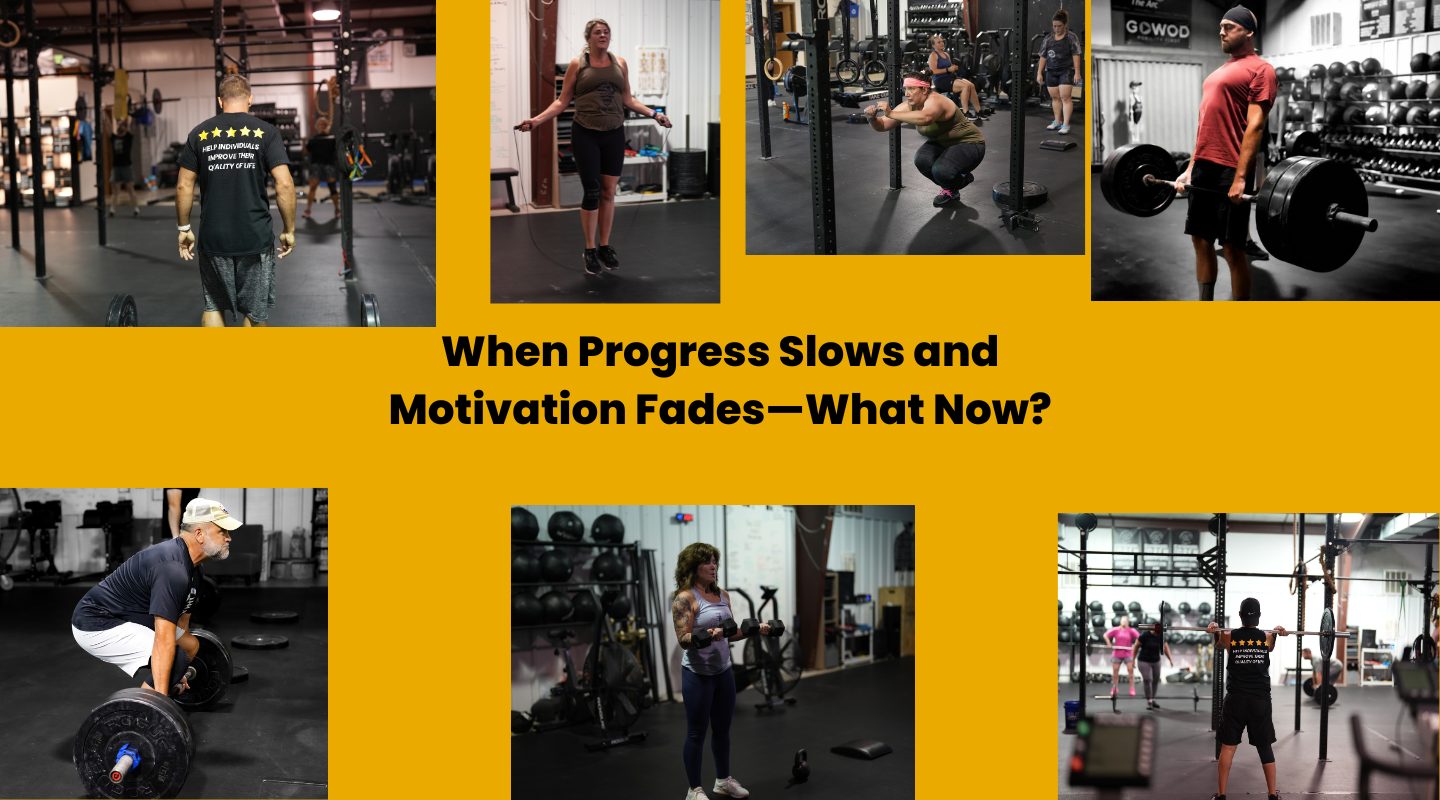
























-2.png)
.png)





-8.png)
